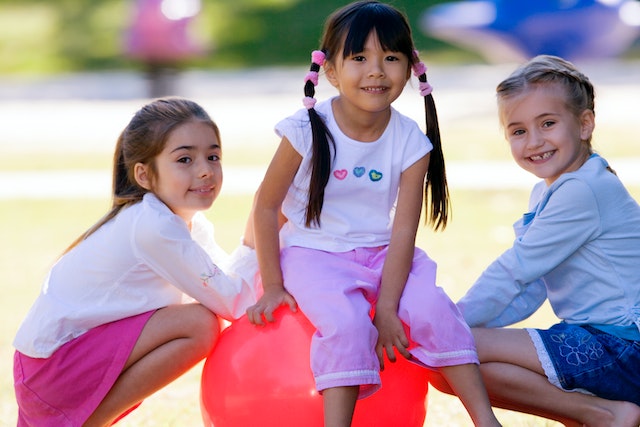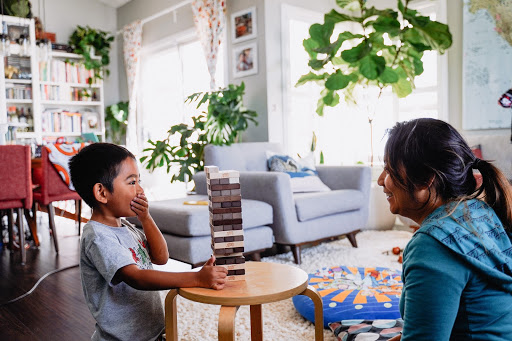
Positive Parenting Tips: Adolescence (15–17 years old)
Parenting older teens, ages 15 to 17, is about guiding from the sidelines as they move closer to adulthood. These years are marked by a growing desire for freedom, deeper thinking about the future, and more complex emotional and social Read more >>











